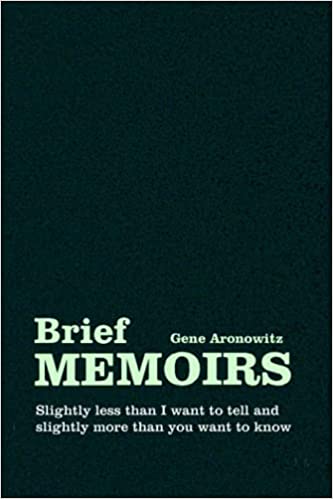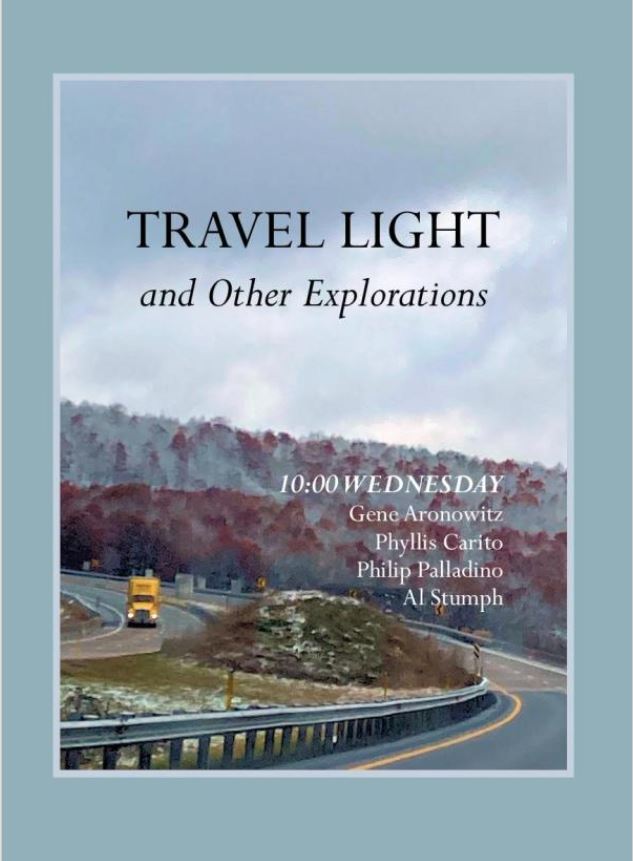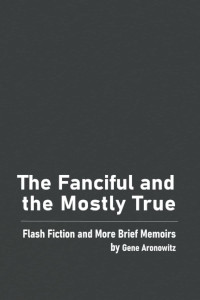Carlos and Me
By Gene Aronowitz
As described in another memoir, “Cycling and Street Safety,” I was very active with Transportation Alternatives (T.A.), a cycling and street safety activist organization in New York City, and was honored to be their Volunteer of the Year in 2011. However, after a dispute with that organization, I resigned from one of its committees, of which I was Vice-Chair. A few days later, I received a call from the chair of the committee, Paco Abraham, who was also a member of StreetsPAC, a political action committee. That organization had just endorsed Carlos Menchaca, running in a primary for a New York City Council seat against the incumbent, Sara Gonzalez. Paco said that he and the other members of StreetsPAC were very impressed with Carlos because he was so interested in street safety, cycling being his primary form of transportation. “Perhaps,” Paco said, “I might use my new-found time working on his campaign.”
Something about getting back into politics appealed to me. I was already pumped up, having watched all seven seasons of “The West Wing” - twice. Although fanciful, that series led me to imagine that electoral politics could be exciting, useful, and enjoyable. Forty years earlier, for a total of fifteen years. I had experienced the administrative side of politics. I had been a public official, first in the state of Ohio and then in Westchester County, New York. However, I had never been involved in electoral politics except for a brief period when I made a few telephone calls for Barack Obama.
Joining Carlos’ campaign was also a little vindictive. I was sore at Sara Gonzalez, the incumbent City Council member whom Carlos was challenging in the primary. When I was a street safety advocate with T.A., I wrote to her frequently and she never responded to any of my letters.
Carlos’ headquarters was just around the corner from the house where we were living in Brooklyn. I walked over and asked if I could be of any help. His campaign manager, Ivan Luevanos, asked if my wife, Linda, and I would be willing to host a “meet and greet” for Carlos. We picked a date, August 24, 2013, and I invited many of my former colleagues from T.A. The discussion was terrific; Carlos was knowledgeable, engaging, and responsive. I was immediately impressed and committed to his election and asked Ivan if I could be more involved with his campaign.
He wondered if I would be willing to make some telephone calls to older people. I was 76 years old at the time. I was hesitant because when I had tried to make calls for Barack Obama in his first campaign five years before, I hated that experience. They had asked me to make calls to Ohio, a swing state, but most people hung up on me because they were being inundated with political calls. Most of the rest made me feel that my call was a huge imposition. A bit reluctantly, I told Ivan I would try. However, to my surprise, I found making calls for Carlos quite satisfying; I was calling older people who lived in or near my neighborhood. They were responsive and interested. My favorite call was to an elderly Chasid from Borough Park. The call went something like this:
Me: Hello, my name is Gene Aronowitz, the chair of Seniors for Menchaca. Do you have a couple of minutes to talk?
Him: No. I’m too busy. But tell me, is he good for the Jews?
Me: Well, I’m Jewish, and he’s good for me.
Him: OK. I’ll vote for him.
Ivan then asked if I would help Carlos meet with older people in senior centers. My agreement resulted in Carlos referring to me as his Trojan Horse. At the first senior center we approached, I shamefully told the receptionist that Carlos – he was 33 at the time – helped me get around. We were both admitted. Carlos was engaging and even danced with some of the participants. Political activity at publicly supported facilities was discouraged, and once the director figured out what we were up to, she asked Carlos to leave. By then, he had won over most of the elders and agreed to leave in such an engaging manner that a positive relationship was cemented between Carlos and the director. We went to several other facilities in the area, always apprehensive that the directors would let their counterparts know about our ploy, but apparently, none of them ever did.
Carlos won the primary handily with 58% of the vote against the incumbent and won the general election with 90%. I then asked Carlos if I could continue volunteering with him. He said he would be delighted if I worked on legislation.
My first job was to evaluate the proposed legislation created by other members of the City Council. This helped Carlos determine if he would lend his support. The more members who sign on to a piece of legislation, the greater the likelihood of its passage. Later, when Carlos promoted his legislative director to chief of staff, he asked me to take full responsibility for legislation, and I became the unsalaried Director of Legislative Affairs.
I prepared many legislative bills, usually based on his request but sometimes on my own initiative. My primary contributions to Carlos’ legislative accomplishments were in the areas of cycling and street safety. I met regularly with my former colleagues in T.A. to get their ideas and used most of them. A few became laws.
I attended many City Council meetings, including committees. These were often done remotely, enabling me to do instant computer research on matters being discussed and text Carlos about what I learned.
When Carlos ran for reelection in 2017, I was made Campaign Chair, a title designed to distinguish me from a professional Campaign Manager who would later be hired to handle day-to-day operations. I recruited and oversaw a group of volunteers to handle community relations, data processing, fundraising, opposition research, and similar functions. I held that post until I became overwhelmed by the combined responsibility of ongoing legislative work, and my day job as a management consultant. Rovika Rajkishun, a local activist who later became a friend, replaced me, but I continued to work along with her primarily to seek endorsements from political action and advocacy organizations. Carlos won the Democratic primary, 48% to 33%, outdistancing Félix Ortiz, then the Assistant Speaker of the New York State Assembly. He won the general election with 82% of the vote.
Although Carlos served on the City Council for another four years, my only lingering responsibility was documenting his achievements. Linda and I used the time to prepare to move 120 miles north to East Taghkanic, New York, her old hometown. Political associates asked me if I was planning to run up there. I said I wasn’t. "To get up there," I said, "I would need to drive."


